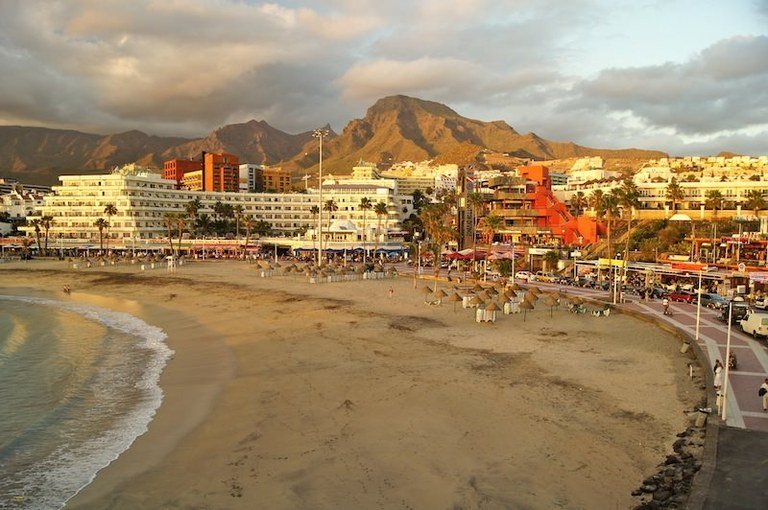Finance spokesman for the Canarian Socialist Parliamentary Group, Iñaki Lavandera, positively values the new “non-refundable” reconstruction fund of 16,000 million euros announced by the Government of Spain for the autonomous communities, aimed at alleviating the health system of these administrations after the Covid-19 crisis, expand financial aid and improve social policies.
Lavandera, who calculates that the Canary Islands are entitled to 500 million euros from said fund, affirms that it is “undoubtedly an oxygen ball of income that the autonomous communities did not have, and that the Archipelago will do very well” .
The socialist deputy emphasizes that, of those 16,000 million euros, a total of 10,000 million will be for health spending, which shows, in his opinion, that he is betting on a policy “that must be reinforced and not cut as we have lived with previous governments, and more now, to cover the extraordinary expenses in which the impact of the pandemic is assuming in our health system ”.
In addition, he explains that another 1,000 million euros are exclusively allocated to social spending, “an area that undoubtedly has to be strengthened if we want to get out of this crisis together”, to which an investment of 5,000 million euros is added as a result of the economic fall to cushion the decline in the collection of assigned taxes.
Lavandera stresses that the amount of 500 million euros that it calculates corresponds to the Canary Islands, “will undoubtedly alleviate” the need for indebtedness that the Government of the Canary Islands will incur, because it is being assumed by the Government of Spain.

Increase in funding for the autonomous communities
Likewise, remember that these 16,000 million come to add to the 14,000 million extra euros of liquidity that President Pedro Sánchez made available to the autonomous communities two weeks ago to deal with the coronavirus, “so the financing of the autonomous communities during the year 2020 it will be notably higher than that of the year 2019, despite the significant drop in public revenue ”.
In addition, the socialist deputy emphasizes the announcement made this week by the Ministry of Finance to provide the autonomous communities with another 3,200 million euros, initially intended for aid to the development of FEDER funds, for health spending against the coronavirus pandemic, and that adds to the 16,000 million of the exceptional non-reimbursable fund.
“Without a doubt, the greatest mobilization of public resources in our democratic history, which contrasts with the crisis management model that the Popular Party carried out and which basically consisted of rescuing the financial system and abandoning citizens to their fate,” he affirms.
In this sense, Lavandera recalls that this effort to maintain the financing of the autonomous communities is carried out by the Government of Spain, incurring a deficit due to the fall in income and therefore resorting to public debt, and that, if the Government of the Canary Islands needs to get into debt, “It will undoubtedly be in a lower amount than initially planned, so it has a double positive effect for Canarian budgets by not incurring greater financial expenses.”
Lastly, the socialist deputy indicates that he hopes this will lead to the possibility that the Ministry of Finance of the Canary Islands Government can compensate for the drop in the collection of REF taxes, essentially the IGIC, and “maintain as much as possible “The level of transfers with local corporations,” without this implying a drastic reduction in the transfers provided for in the budgets for the year 2020, since the Canary Island councils and municipalities play a vital role in the economic and social recovery and need certainty in financing ”.





